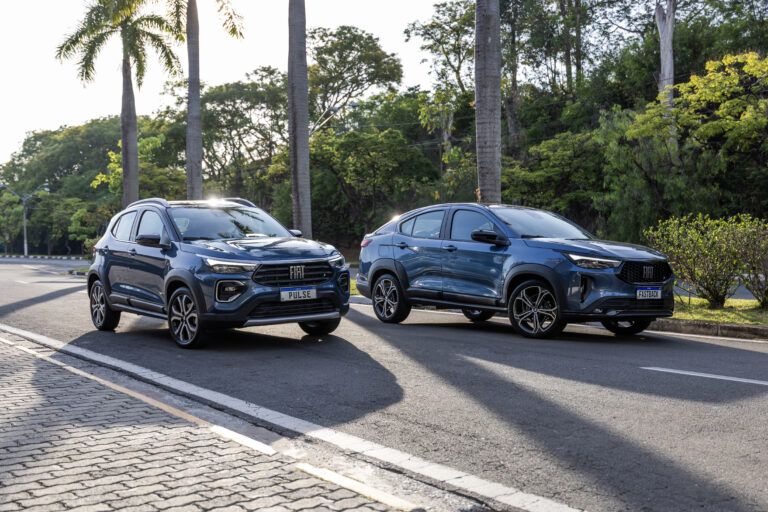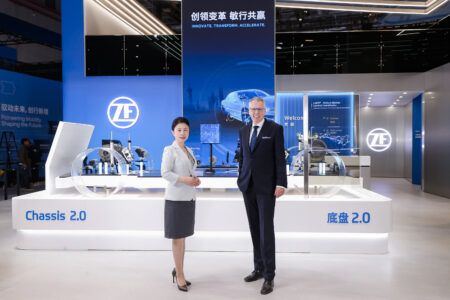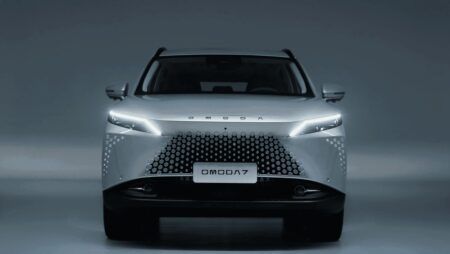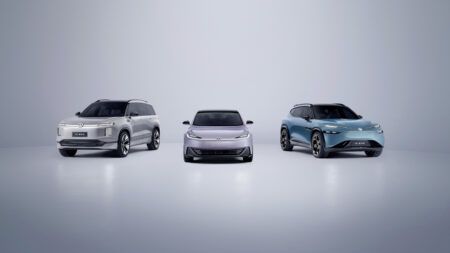Fiat has introduced its new Bio-Hybrid technology in Brazil, combining electric and hybrid powertrains with biofuels such as ethanol to reduce carbon emissions and enable more accessible mobility. The bio-hybrid versions of Fiat’s popular Pulse and Fastback SUV models will leverage this innovative approach to sustainable transportation.
Brazil, a key market where Fiat maintains a dominant position, is playing a central role in the development of this technology. The global Bio-Hybrid research center is located at Stellantis’ Betim facility in the country.
“As an automaker with a strong commitment to social and environmental progress, Fiat is addressing the urgent need for sustainable transportation solutions,” the company said in a statement.
At the heart of Fiat’s bio-hybrid system is the T200 Hybrid engine, a 1.0-liter turbocharged Flex powertrain paired with a seven-speed CVT gearbox. Producing 130 hp and 20.4 kgfm of torque, it is the most powerful engine in its segment. By integrating hybrid technology, Fiat has achieved significant improvements in fuel efficiency, reducing consumption by 11.5% for the Fastback and 10.7% for the Pulse in urban driving on both gasoline and ethanol.
The hybrid system features a multifunctional electric motor that replaces traditional alternator and starter components. It is supported by two batteries – a 68Ah lead-acid unit in the engine compartment and an 11Ah lithium-ion battery under the driver’s seat. These batteries power the electric motor, which can generate up to 3kW, providing supplementary torque to the combustion engine and recharging the batteries.
The system operates across four dynamic modes to maximize efficiency. These include e-Start&Stop, e-Assist, Smart Alternator, and e-Regen. The e-Regen mode, for example, captures mechanical energy during deceleration and converts it into electrical energy to recharge the batteries, reclaiming up to 25% of energy that would otherwise be lost.
“The introduction of bio-hybrid SUVs underscores Fiat’s dedication to creating sustainable and affordable vehicles, consolidating itself as a protagonist in the future of mobility,”the company said. By leveraging biofuels and hybrid technology, Fiat aims to deliver mobility solutions that are both environmentally responsible and accessible to consumers in Brazil and beyond.





